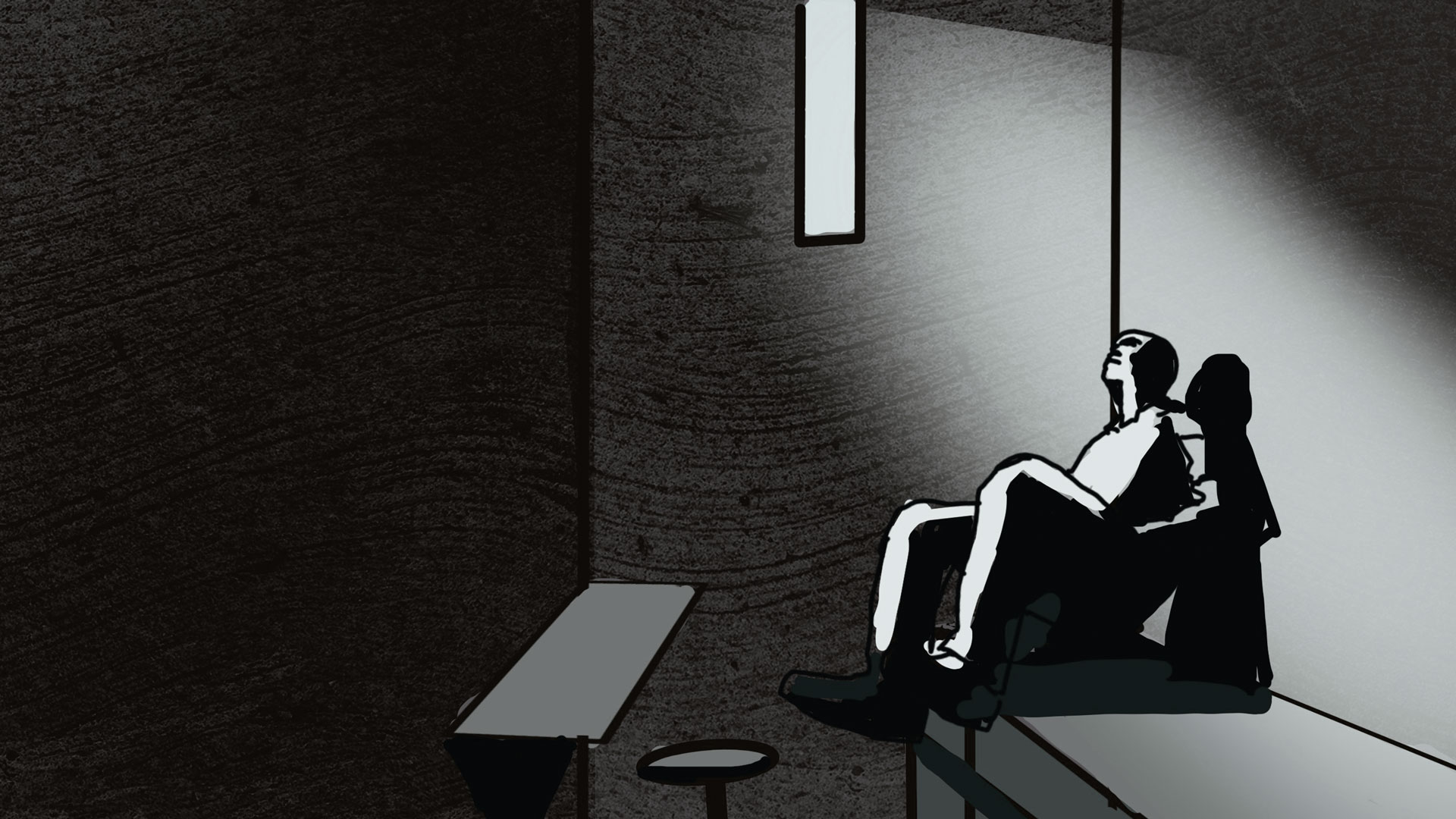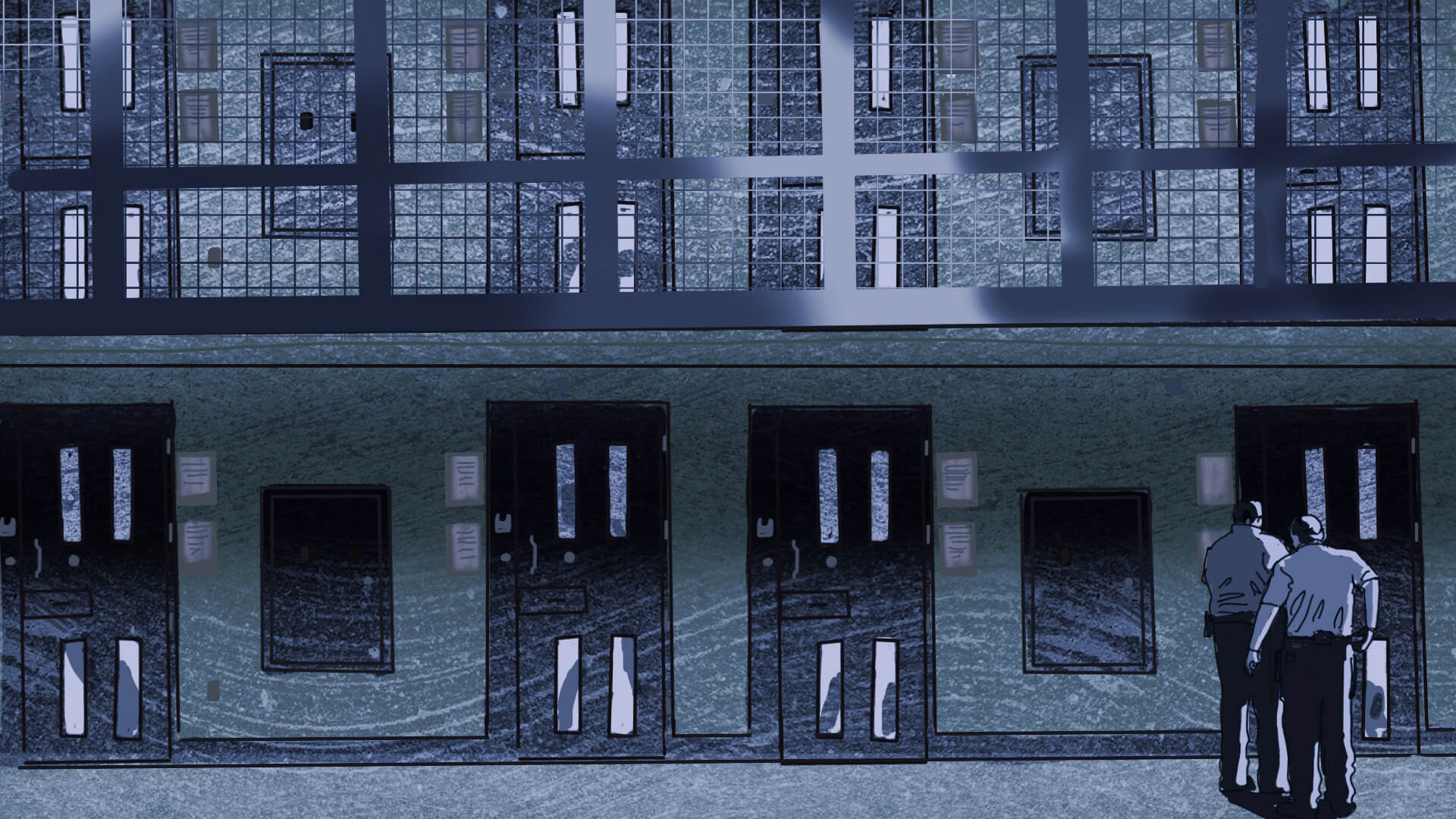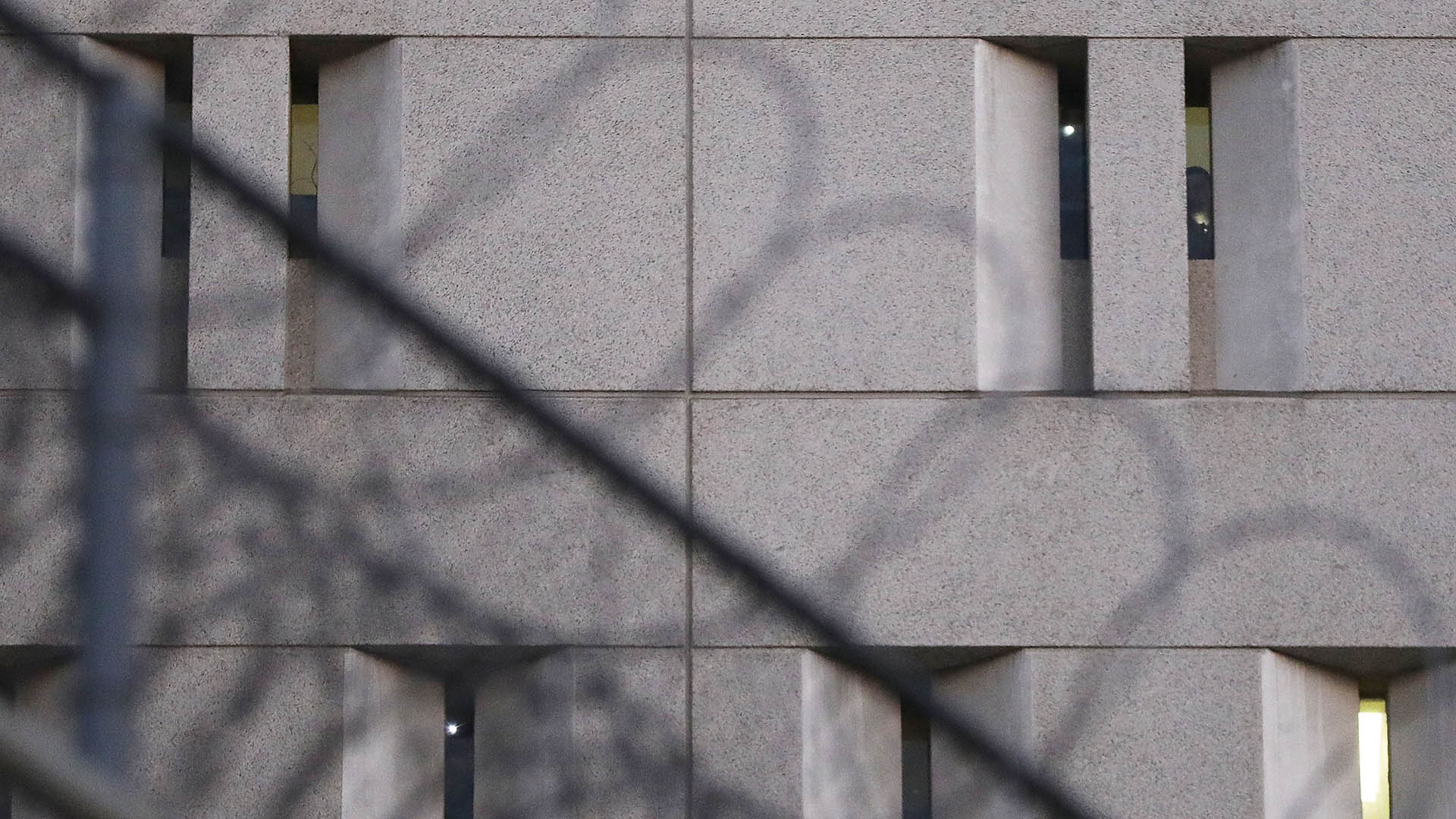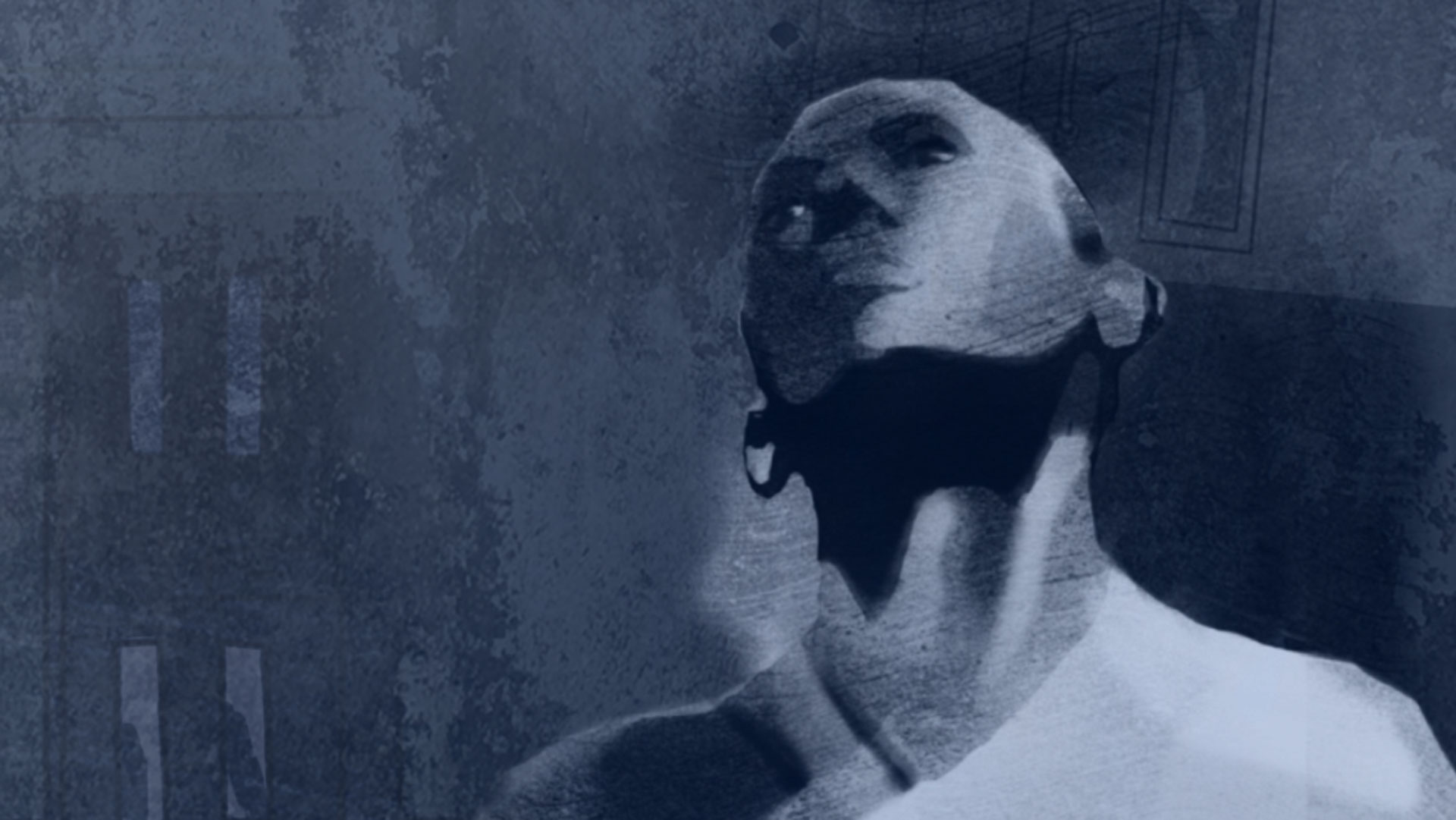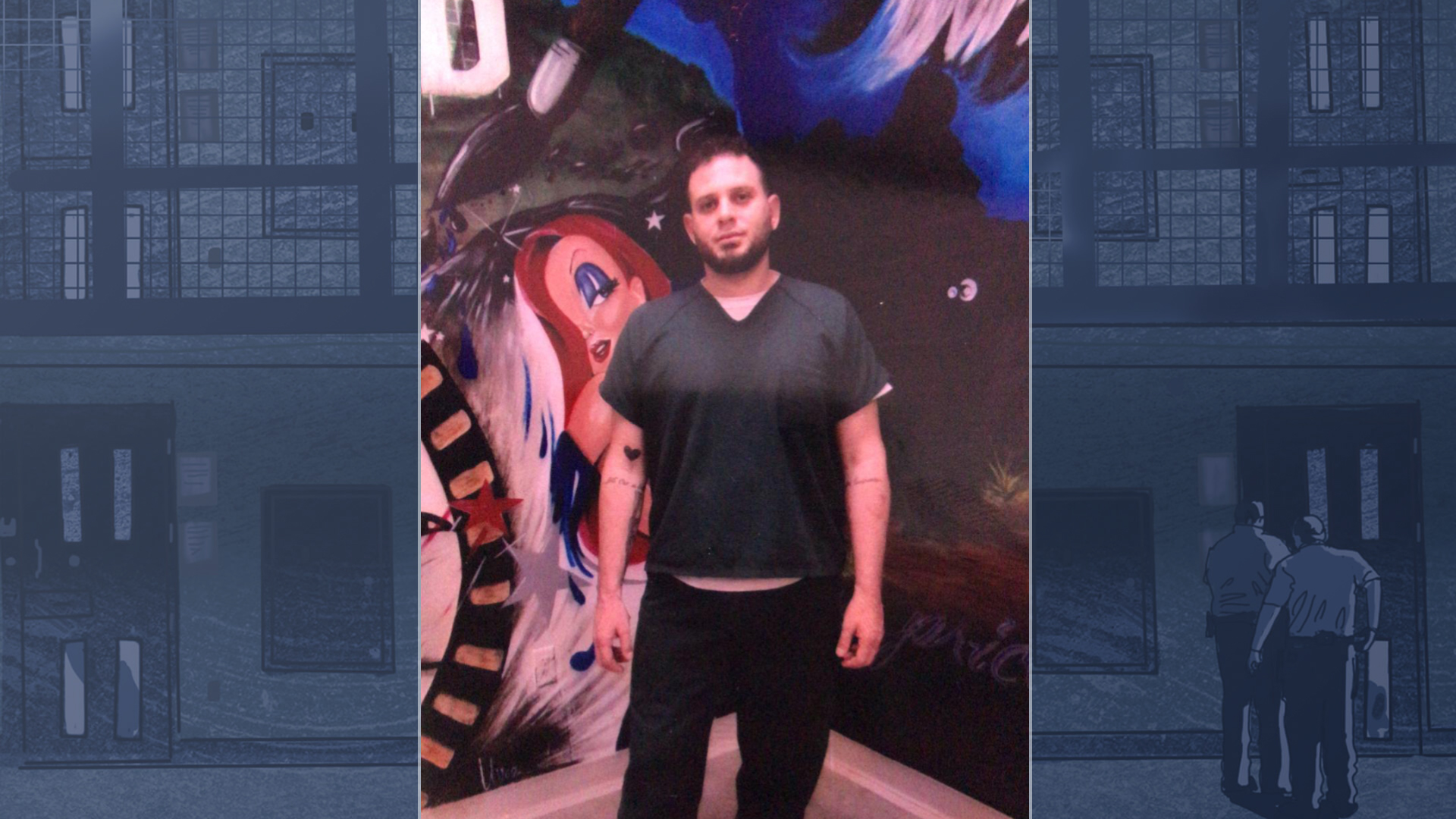U.S. immigration authorities locked detainees from African and Caribbean countries in solitary confinement cells six times as often as the population at large, a new study finds.
Detainees from these predominantly black countries made up just 4% of detainees in U.S. Immigration and Customs Enforcement custody from 2012 to 2017 — but 24% of all solitary confinement stays, the forthcoming report from researchers at the University of California concludes.
The disparity is due in part to ICE personnel using solitary confinement as a tool to discipline detainees from Africa and the Caribbean much more often than for people from other countries. The stark racial difference, the authors say, parallels the most painful inequities of America’s criminal justice system.
“The treatment of black immigrants in detention mirrors that of black individuals in jails and prisons,” said Keramet Reiter, an associate professor at University of California, Irvine, and a co-author of the study.
The new findings are based on analysis of records contained in trove of incident reports that describe the placement of thousands of detainees in solitary confinement. The International Consortium of Investigative Journalists shared the reports with the researchers while reporting Solitary Voices, an investigation that found ICE routinely segregates troublesome detainees, including the mentally ill, in small isolation cells for weeks and months at a time.
Confinement for 22 hours a day or more in a small cell without meaningful social contact can lead to lasting mental trauma and trigger suicidal impulses, and should be used sparingly or not at all, experts say.
Some detainees are placed in solitary confinement for their own protection, or to protect others. But much of the time, isolation is punishment for a disciplinary infraction, such as fighting, possessing contraband or horseplay, ICIJ found.
ICE did not immediately respond to questions about the finding of racial disparities in its isolation practices. The agency previously defended its use of solitary confinement in response to ICIJ findings, saying its use of the practice falls below rates in prison systems around the U.S.
The authors of the new study note that racial inequities in ICE detention mirror those of America’s prison system. But immigration detention can in some cases act even more punitively. As state prison systems have moved to outlaw the use of solitary confinement as punishment for violating facility rules, ICE has continued the practice nationwide.
ICE is 22% more likely to record a disciplinary infraction as the reason for placing a person from an African nation in solitary confinement as compared to other detained people, the researchers said.
A detainee’s country of origin can also act as a predictor of the length of time they are likely to spend locked in an isolation cell. Detainees from the Middle East spent five days longer as compared with ICE’s overall population, University of California researchers determined.
The study’s authors say that more examination is needed to understand why racial disparities in ICE’s use of solitary confinement exist, but point to several possibilities. In addition to racist attitudes commonplace in the United States, language barriers may hinder communication between guards at ICE facilities, who often speak Spanish, and non-Spanish-speaking detainees.
Researchers and advocates around the country have offered their own anecdotal accounts of ICE disproportionately punishing detainees of certain races.
“It appears that dark skinned individuals are more quickly and readily disciplined with long periods of solitary than their lighter skinned counterparts,” said Nathan Craig, an assistant professor of anthropology at New Mexico State University who is not affiliated with the University of California study.
Craig points to language barriers as one factor. “While South Asians are chided and demeaned by staff for not speaking English, we have numerous accounts of staff discriminating against Anglophone or Francophone Africans who do not speak Spanish,” Craig said. “In some cases, guards will only speak to Africans in Spanish. Communication issues are often at the heart of disciplinary use of solitary confinement.”
In interviews with ICIJ, detainees from India’s Punjab region, who could speak neither English nor Spanish, described being the subjects of scorn from ICE guards with whom they struggled to communicate.
Across the agency’s many facilities, ICE used solitary confinement with little predictability and wide variance, the study found, echoing a finding of ICIJ’s Solitary Voices. The resulting decisions on who gets placed in solitary confinement “are at best, inconsistent, and, at worst, arbitrary and, possibly, dangerous,” the study states.
Solitary Voices included reporting by Grupo SIN in the Dominican Republic, Plaza Pública in Guatemala; Mexicanos contra la Corrupción in Mexico; and NBC News, The Intercept and Univision in the U.S.
